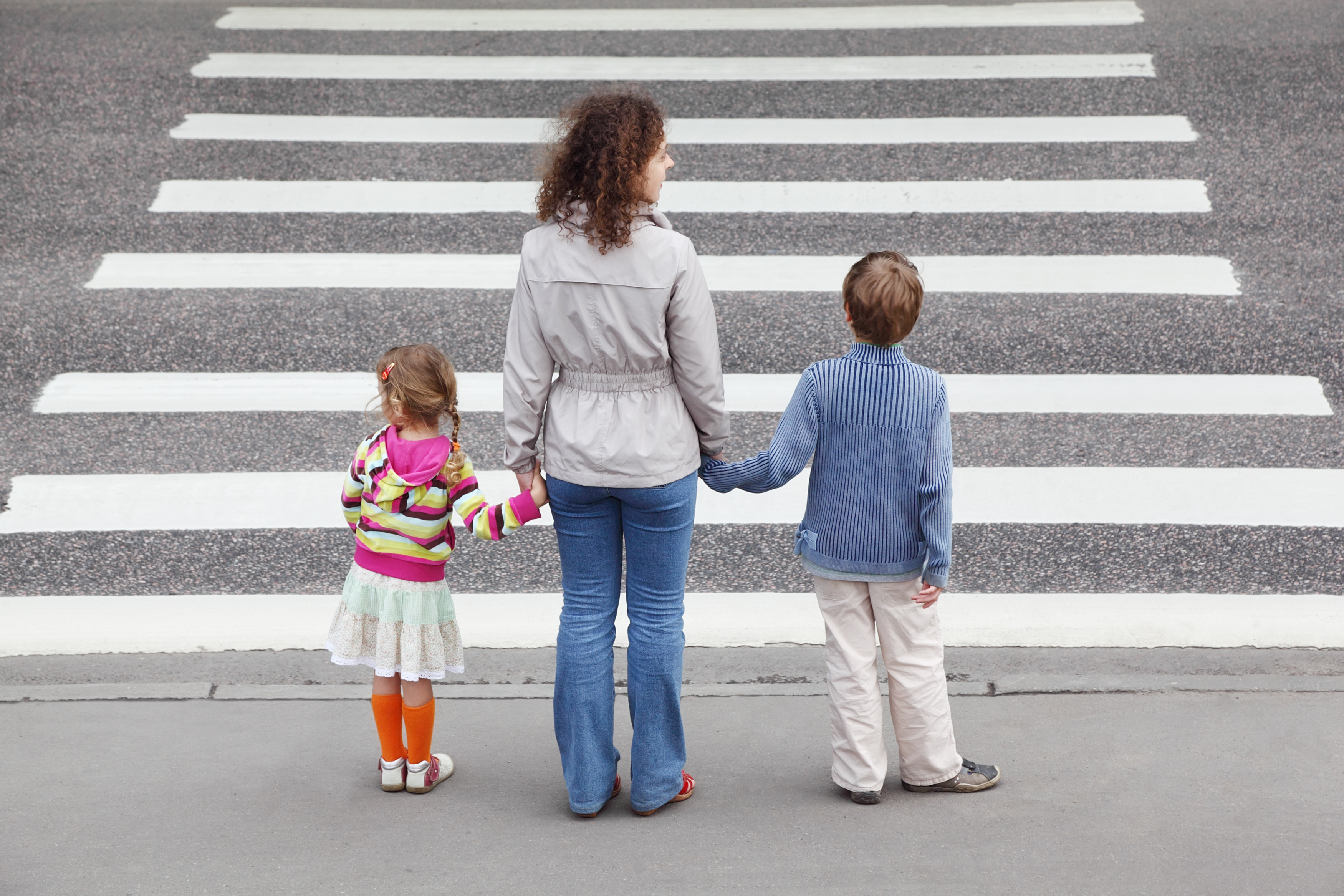Separating when children are involved can be a distressing time, particularly when both parties cannot decide on the immediate future of their children. Divorce or separation will leave one parent with the day-to-day care of the children, but what happens if one parent wants to relocate, taking the children with them?
Relocating children after a separation is becoming increasing common as work opportunities arise, new relationships form and travel between cities and different countries becomes more accessible and affordable. We have also seen an increase in parents wanting to relocate to their country of origin with their children after a separation.
As a parent, who gets to decide and what rights do you have? As with all family disputes, the importance lies within the welfare of the children. This is a top priority under The Care of Children Act 2004. [LINK]
The first steps in deciding your child’s future
The relocation of children can be an upsetting time for everyone involved without the complications of court battles. Both parents have the rights to make choices for their child’s future so the first step would be through an agreement decided upon by both parents or guardians.
If an amicable agreement cannot be made, the next step is to attend a Family Dispute Resolution. With the child welfare as a priority, the FDR mediation will help you come to an agreement by discussing the future of your child should they move overseas, contact agreements and visiting and holiday rights.
It is now a requirement for parents and guardians to attend a FDR to resolve the issue before the courts make a decision. There are exceptions to this if there are issues of violence or the resisting parent has reason to believe their child is at risk of being removed from the country without their consent.
What if we cannot make an agreement?
If the parents are unable to come to an amicable decision after mediation, they can apply to the Court to decide on their behalf. The child’s opinion will be listened to, but if they are under 16, they do not get to choose the outcome. The outcome is not always easily concluded and each case will be different. The Court process can be very upsetting for children.
How does the Court decide?
As we have stressed, the child’s welfare is the biggest decider. For the best interest of a child, it is recognised that maintaining a healthy relationship with both parents is paramount. Each case is different and the outcome will be decided on a number of factors including the feasibility for ongoing contact for both parents and the wider family, the child’s new environment, the parents’ relationship with each other and the wellbeing of the parents.
Order Preventing Removal and The Hague Convention
If you have reasonable grounds to believe that your child may be taken out of New Zealand without your consent, you can apply for an Order Preventing Removal through the Family Court. These orders are only granted if you have supporting evidence to suggest that your child is at risk of unauthorised removal. It is important that you act quickly as once the child leaves the country, they will be subject to the laws of the country in which they reside.
If your child has been removed from the country without your permission, you can seek to have your child returned home under The Hague Convention. The Hague Convention protects the unlawful removal of children between New Zealand and member countries.
If you believe that you child has been unlawfully removed from the country, or is in danger of being so, you should contact your lawyer and take action as soon as possible.

